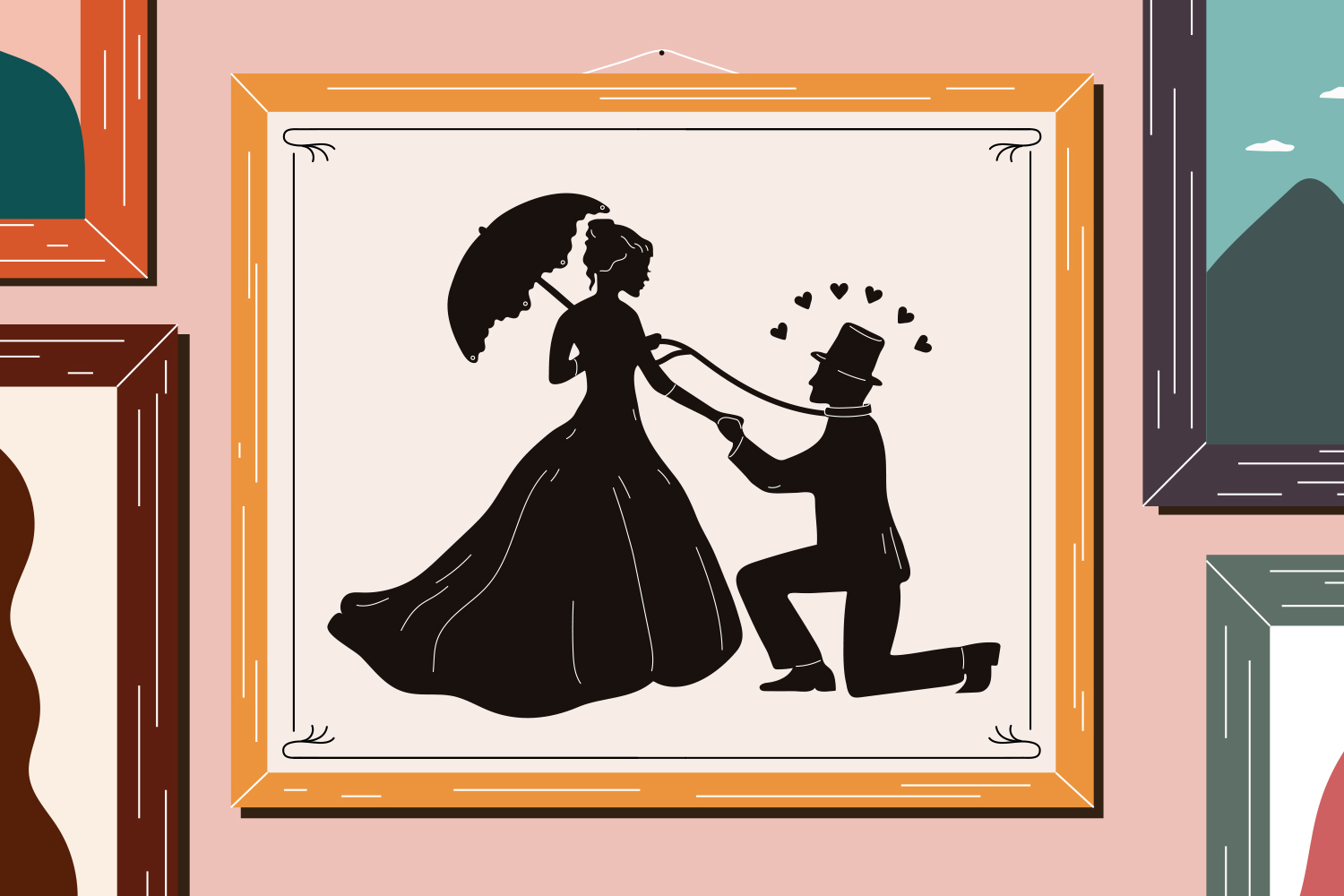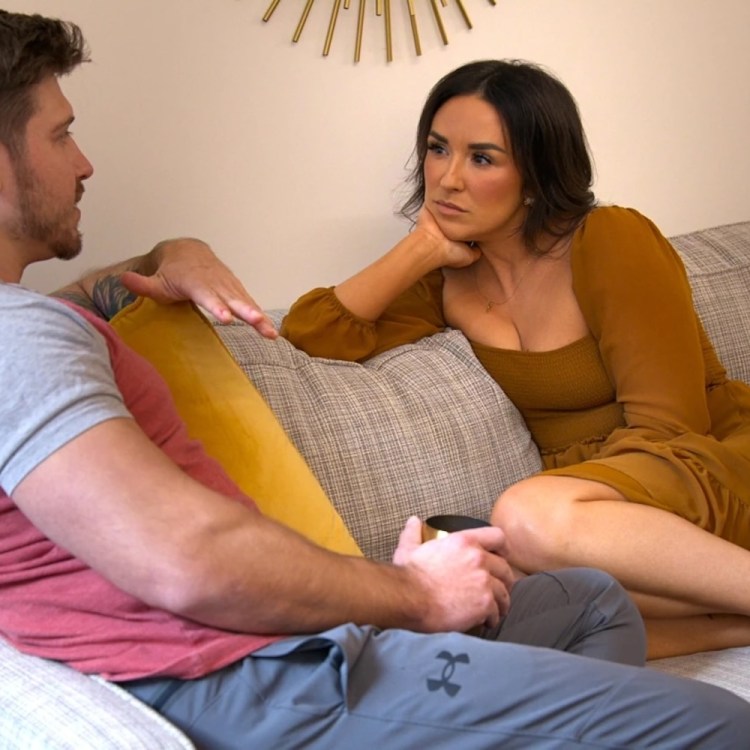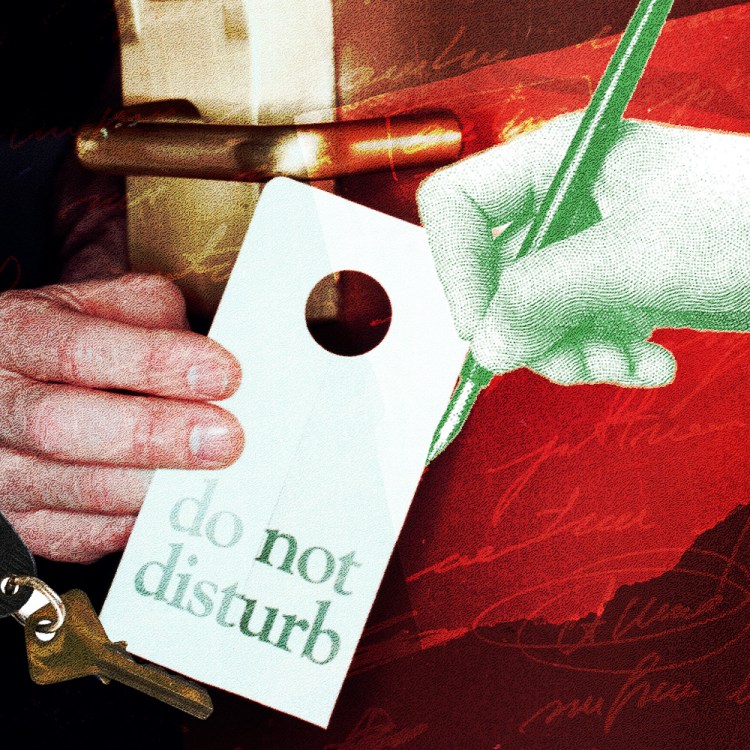If you think your magical relationship is never going to encounter a fight, you’re just plain wrong. Sorry to pop your love bubble, but welcome to reality.
Conflict is both inevitable and normal in romantic relationships. Where there is love and passion, there will be arguing, at least on occasion. In recent years, many psychologists, therapists and relationship coaches have even suggested that couples who do not fight have a higher chance of breaking up.
One 2012 study published in Society for Personality and Social Psychology found that in many cases, it’s beneficial for the overall well-being of a long-term relationship if couples openly express feelings of anger, rather than burying their feelings and avoiding them. This may seem obvious, but in practice, many of us do push away unpleasant feelings about our partners, instead of being open about our discontent.
Now, every single couple expresses anger or annoyance in their own way, as highlighted by a 2020 study that looked at the nuances of inter-couple conflict and ways it is expressed, and that’s something that must be acknowledged. That being said, there is a healthier way for all couples to fight. There’s no need to take the nuclear option at the first sign of a disagreement.
Silva Neves, an accredited psychotherapist specializing in psychosexual and relationship therapy, tells us that there are two main ways of fighting: Constructive (the healthy, positive way) and Destructive (the unhealthy, negative way). “If you are disrespectful to your partner, call them derogatory names or shout in a way that is intimidating, this is destructive and it doesn’t solve anything,” he says. “It makes things worse because these kinds of behaviors erode relationships.”
OK, but how do you fight constructively then? With the help of some of the best relationship experts in the business, we put together a simple and straightforward guide to healthy fighting. Because all couples argue, but most could be arguing better.
Why couples fight
Couples fight because they are in close proximity and because, as Laurie Mintz, Ph.D., a licensed psychologist, certified sex therapist and author of Becoming Cliterate, puts it, “We are two separate human beings trying to forge a connection and sometimes a life together.” And that shit is hard.
There are many reasons why we might find ourselves in conflict. “It might be when you find that you have a different point of view from your partner, or when you want them to do something they’re not willing to do,” Neves explains. “Most of the time, the arguments are over small things and it is usually when we feel vulnerable [or] insecure about ourselves for one reason or another.”
Romantic relationships can bring out the best in us in so many ways, but they can also trigger deeper attachment wounds. How we interact with people we love is largely influenced by the ways in which we experienced relationships and attachment as children and throughout our lives — and so is the way we fight.
“If we have insecure attachment styles, getting involved in a close relationship may trigger our attachment [systems],” says Nazanin Moali, Ph.D., a clinical psychologist and sex and relationship expert. “Oftentimes people manage more distanced relationships by avoiding conflicts; however, when we are in closer relationships, we may not have a choice other than facing the issues.”
Hence, we fight.
Fighting the healthy way (yes, it’s possible)
Now that we know why we fight, we can figure out the best ways to fight in order to not completely destroy each other and/or our relationships.
Lucy Rowett, a certified sex and relationships coach, says that it’s always best to stay with “I” statements, rather than “You” statements. This means avoiding statements like “You always/You never” and instead saying, “I feel like you don’t do X.”
Neves expands on this idea: “Constructive fighting is taking responsibility for your opinions and feelings and not blaming the other [person], but making more of a statement for yourself: ‘When you don’t wash the dishes, I feel hurt because I enjoy a clean kitchen. It is important for me to share tasks in order to feel respected. If I cook, I would like you to wash the dishes.’ Compared to: ‘You haven’t done the dishes yet again, you’re useless.’” Basically, the blame game just makes us defensive and that is not productive.
When having an argument, it comes down to priorities. Constructive fighting is about problem solving and sharing feelings, not making the other person feel like shit about themselves. “Real intimacy isn’t the absence of conflict; it’s the recognition of conflict and the willingness to address it as a team when it arises,” Moali says. “It is important to address the ongoing issues in the relationship, but focus on resolving the problem instead of proving your partner wrong.”
Lastly, and this one might sting, Mintz says that even in the midst of a heated fight, you need to “remind yourself that this is a person you love and respect and work to find the grain of truth (there is always one) in what they are saying.”
Firm, but fair. We’re all just trying to be heard, right?
Reconnecting after a fight (and moving forward together)
Once you’re finished with the blowout, it’s important to then find a post-combat, neutral place. Neves tells us that you should take some time, regroup and calm down before you attempt to reconnect.
Next, both parties need to take responsibility for their actions and be willing to apologize. Apologize “properly if you raised your voice and said something hurtful, and then start the conversation again in a calmer state,” Neves says.
This is a grand time for physical affection — in whatever form works for you. Hugs, kisses, cuddles, etc. all help to get the oxytocin flowing and recreate intimate connection with those we love. “Then, you can choose what’s next together — a walk, a movie, time alone, sex. There is no right or wrong — whatever works for both of you, individually and as a couple,” Mintz adds.
Safeguarding for future conflicts
The best way to safeguard is to first set “absolute limits.” Rowett tells us she recommends “that you make an agreement with each other when you’re both connected of what is absolutely off-limits when you are fighting, such as hurling anything at your partner that you know will hurt them or hit a pain point, because this can cause real damage to your relationship and you may not be able to rebuild trust.”
Neves suggests paying attention to these Big 4 Unhealthy Fight Red Flags.
1. Criticism
Sure, it’s perfectly fine to tell your partner if something they did upset you, but don’t point the finger of blame and try to tear them down. Instead “focus on the impact their behaviors [or] thoughts ha[ve] on you instead.”
2. Defensiveness
Now, if you’re on the opposite side of this and you’re receiving feedback, “don’t jump [on] the defense straight away as it encourages more conflicts,” Neves says. “Instead, take a deep breath, try to understand their point of view and invite them for brainstorming to resolve the issue together.”
3. Contempt
Contempt arises when you genuinely believe that you are superior to your partner. “Whether it is better at doing some tasks, or more emotionally intelligent or have higher intellect, whatever it is that you believe you’re better at, don’t,” Neves says. You might be better at some things than your partner, but they have their strengths too. “If you have contempt for your partner, this builds resentment over time, and this is very toxic for a relationship.”
4. Stonewalling
If your partner does something that pisses you off, don’t shut down or blow them off. These kinds of counterproductive reactions only fuel anger and resentment. “If it is not the right time for you to have an argument, just tell your partner that you’re not ready for it and that you commit to address the issues later, when it’s more convenient,” Neves says.
At the end of the day, everyone fights. We just need to have the emotional maturity to understand why we’re fighting and to be able to apologize and take responsibility where it’s needed. We all want beautiful, healthy, happy relationships, and they start with taking steps to engage in conflict in a positive way.
The Charge will help you move better, think clearer and stay in the game longer. Subscribe to our wellness newsletter today.



























